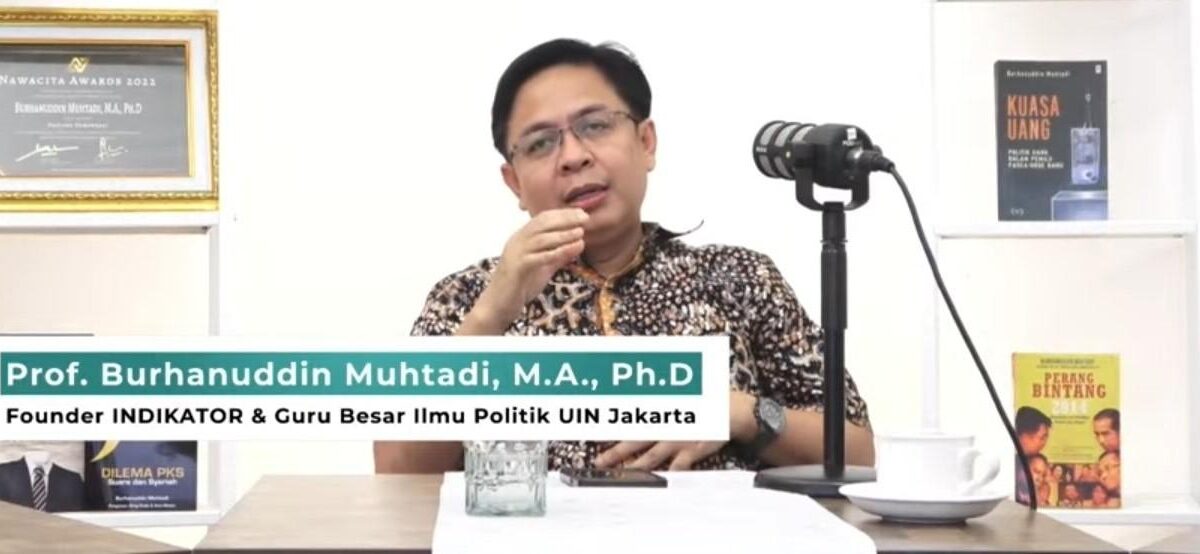Jakarta, 22 January 2024 – The results of the Indonesian Political Indicators survey show that the majority of grass roots do not agree that debate participants for presidential candidates (capres) and vice presidential candidates (cawapres) attack each other and bring down their opponents.
The majority of respondents (57.6%) admitted that they did not or did not agree if the presidential and vice presidential candidates clashed with each other to attack each other in the debate. However, the majority of citizens also accept the condition that a presidential candidate or vice presidential candidate must be ready to be tested by various problems.
“This is a challenge for candidates for the next debate event. “The perception of citizens in general does not agree with the views of elites,” said Founder of Indonesian Political Indicators, Burhanuddin Muhtadi in Jakarta, Saturday (20/01/2024).
Instead of winning in debate forums based on the judgment of a handful of elites, according to Burhanuddin, the attitude of attacking each other actually creates resistance at the grassroots. This drives the level of liking for candidates even lower.
“If the level of liking becomes lower, the possibility of debate events as a place to compete for ideas and similar forums will become increasingly meaningless,” he stressed.
The reason, said Burhanuddin Muhtadi, is that people at the grassroots will likely tend to look for justifications for what they like or don’t like, rather than looking rationally at which candidate has superior capacity.
Personal Attacks
Burhanuddin explained that 51.1% of respondents who watched the debate thought that Anies’ criticism in the previous debate was made to attack Prabowo personally. Meanwhile, 41.8% of respondents considered Anies’ statement to be more critical of Prabowo’s policies as defense minister.
This is different from the criticism or attacks made by Ganjar against Prabowo. As many as 50.1% of respondents stated that Ganjar’s words were more aimed at Prabowo’s policies as Minister of Defense. Around 40.5% thought Ganjar’s statement tended to attack Prabowo personally.
“This benefits candidate pair number 02 because the incumbent has the highest electability. It’s like playing football, just play it safe. “However, candidate pairs 01 and 03 cannot just keep quiet, but the public wants to play it safe,” he explained.
The target population for the Indonesian Political Indicators survey is Indonesian citizens aged 17 years and over, around 83% of the total national population. Face-to-face sampling used a multistage random sampling method of 1,200 people from all provinces.
The telephone survey used a sample of 1,221 respondents, selected through a combination of the random digit dialing (RDD) method of 730 respondents and double sampling (DS) of 491 respondents from the face-to-face survey. The margin of error for both surveys is estimated to be ±2.9% at the 95% confidence level.
The original article in Bahasa Indonesia can be accessed here

